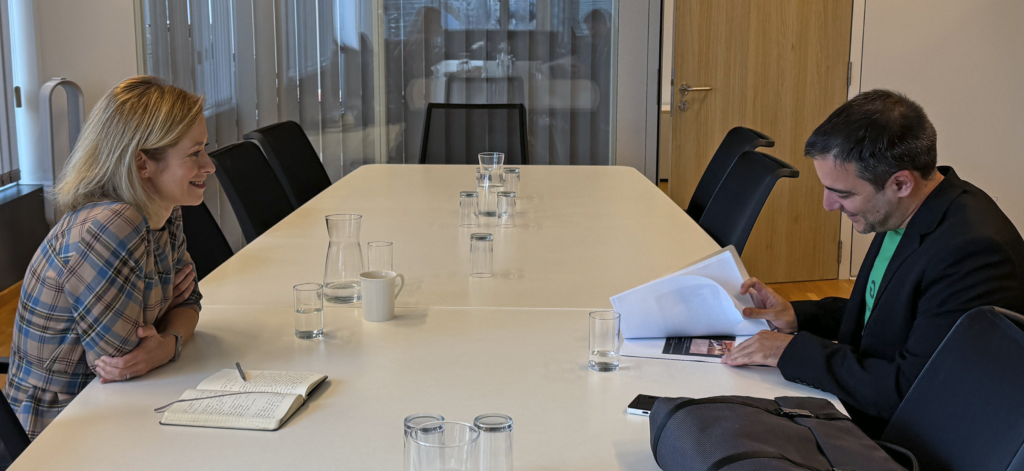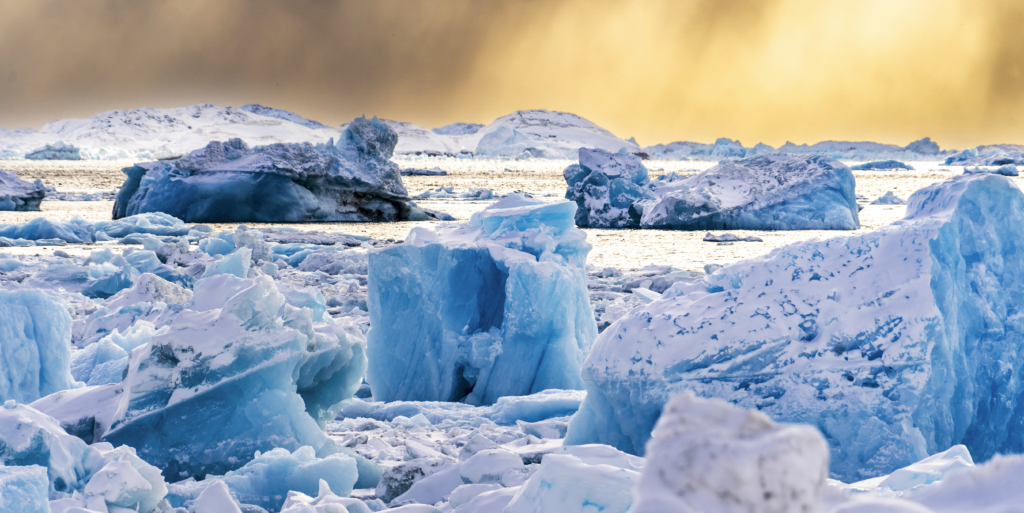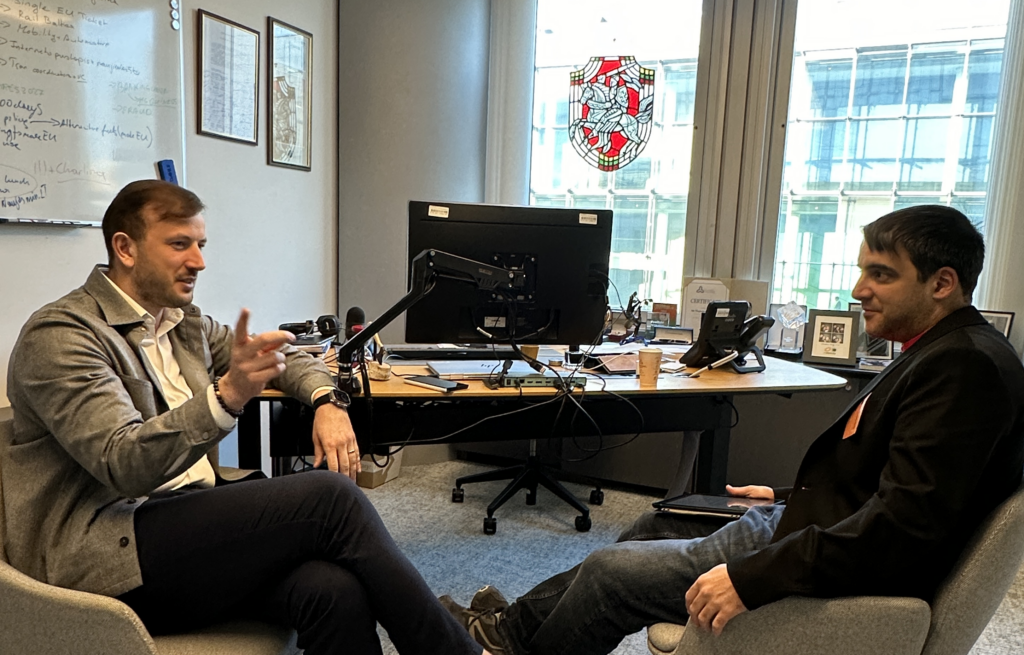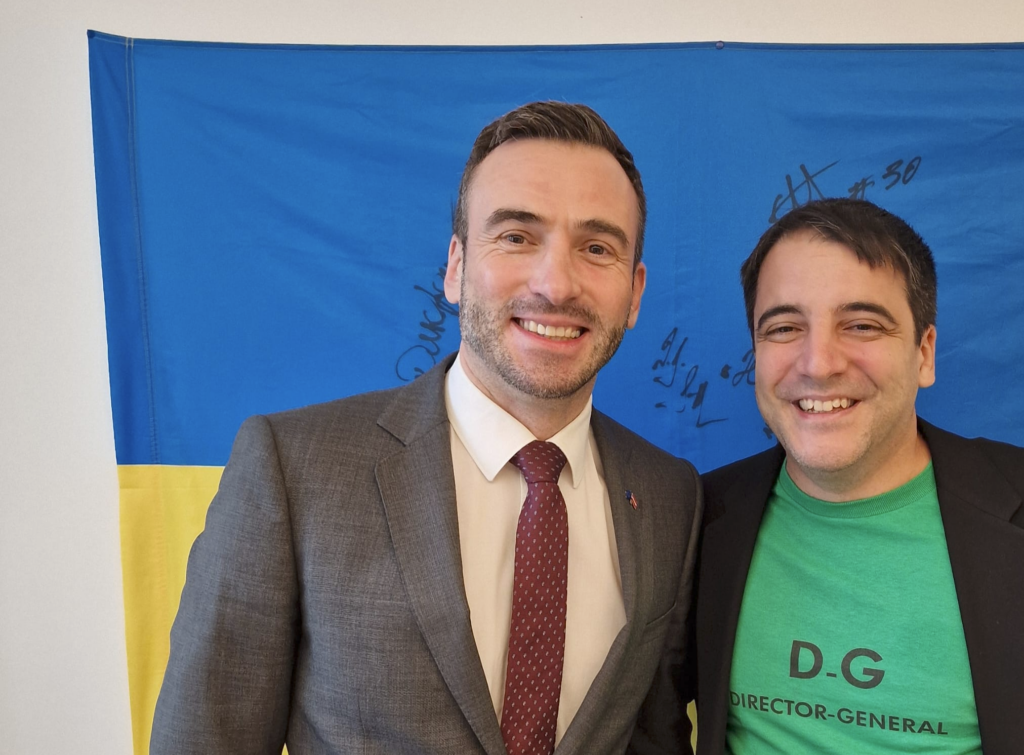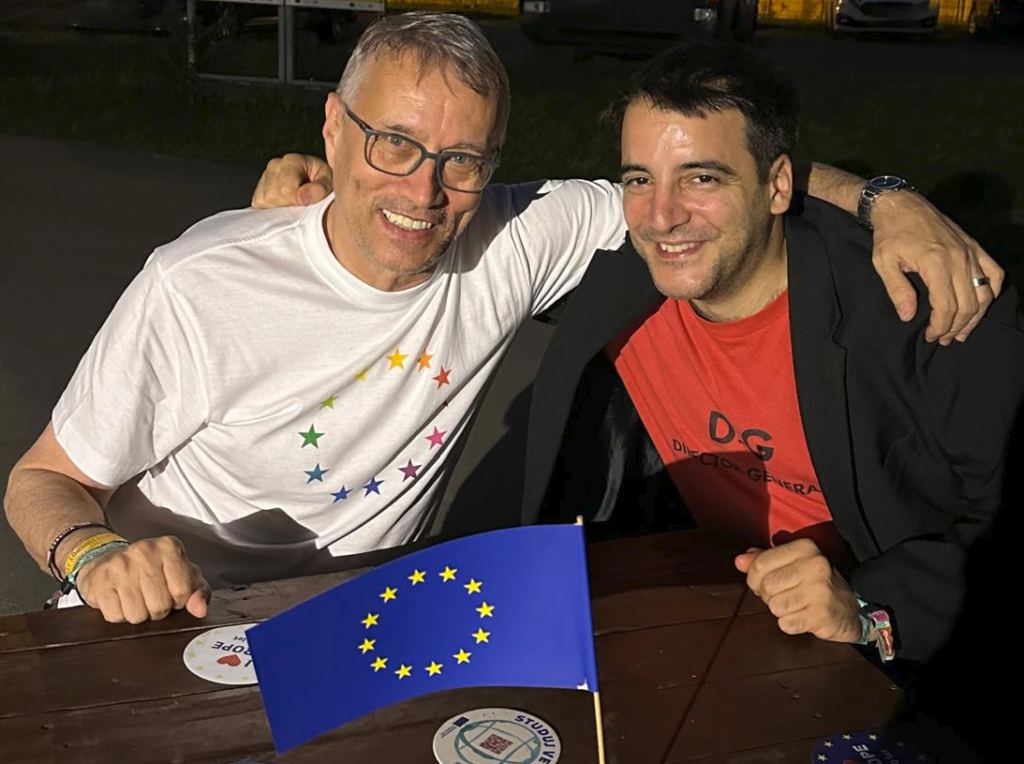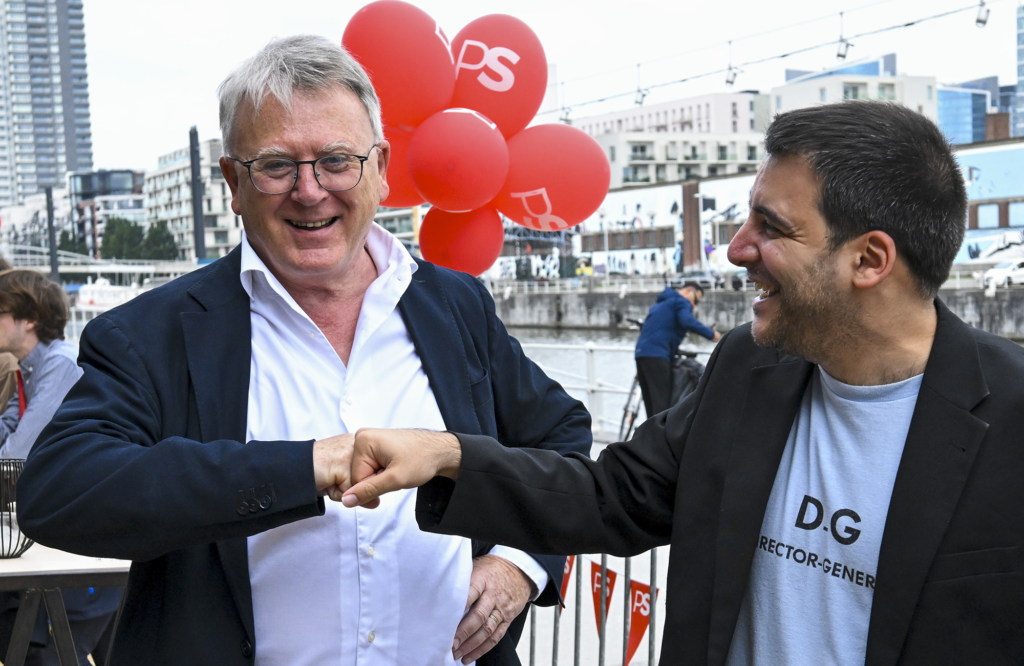Kallas of Duty – a conversation with the EU’s High Representative for Foreign Affairs
Kaja Kallas has been high on my list of cool people to meet for a couple of years. Not only did she inspire lots of memes, but she also retweeted some of them when she was Prime Minister of Estonia. It felt very natural to talk to her: she has a very direct communication style and a great sense of humour, as the genuine and colorful pictures on her social media accounts show. I am happy to share with you some excerpts of our conversation, offering a sneak peek of her life and the changes Estonia went through in the last decades.
